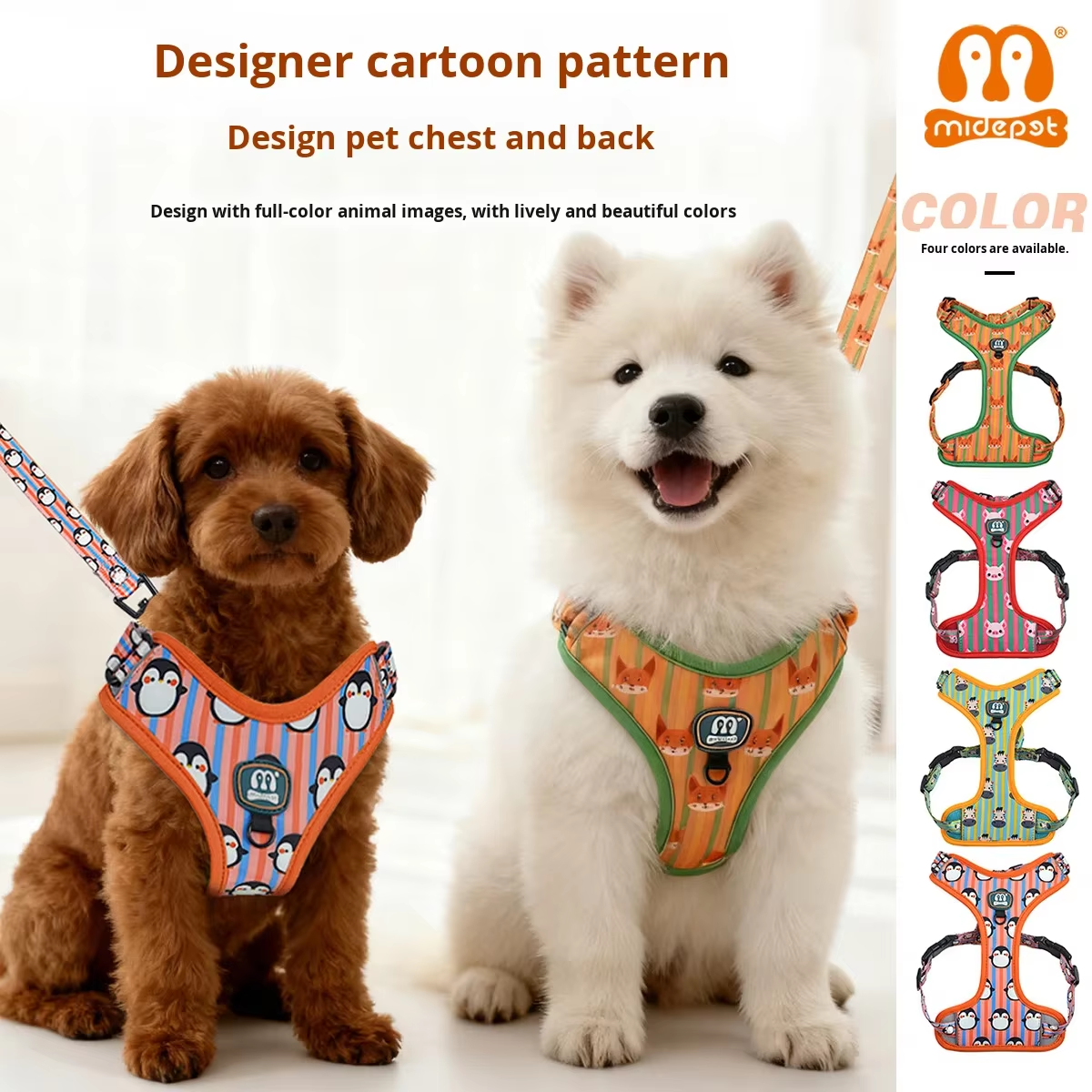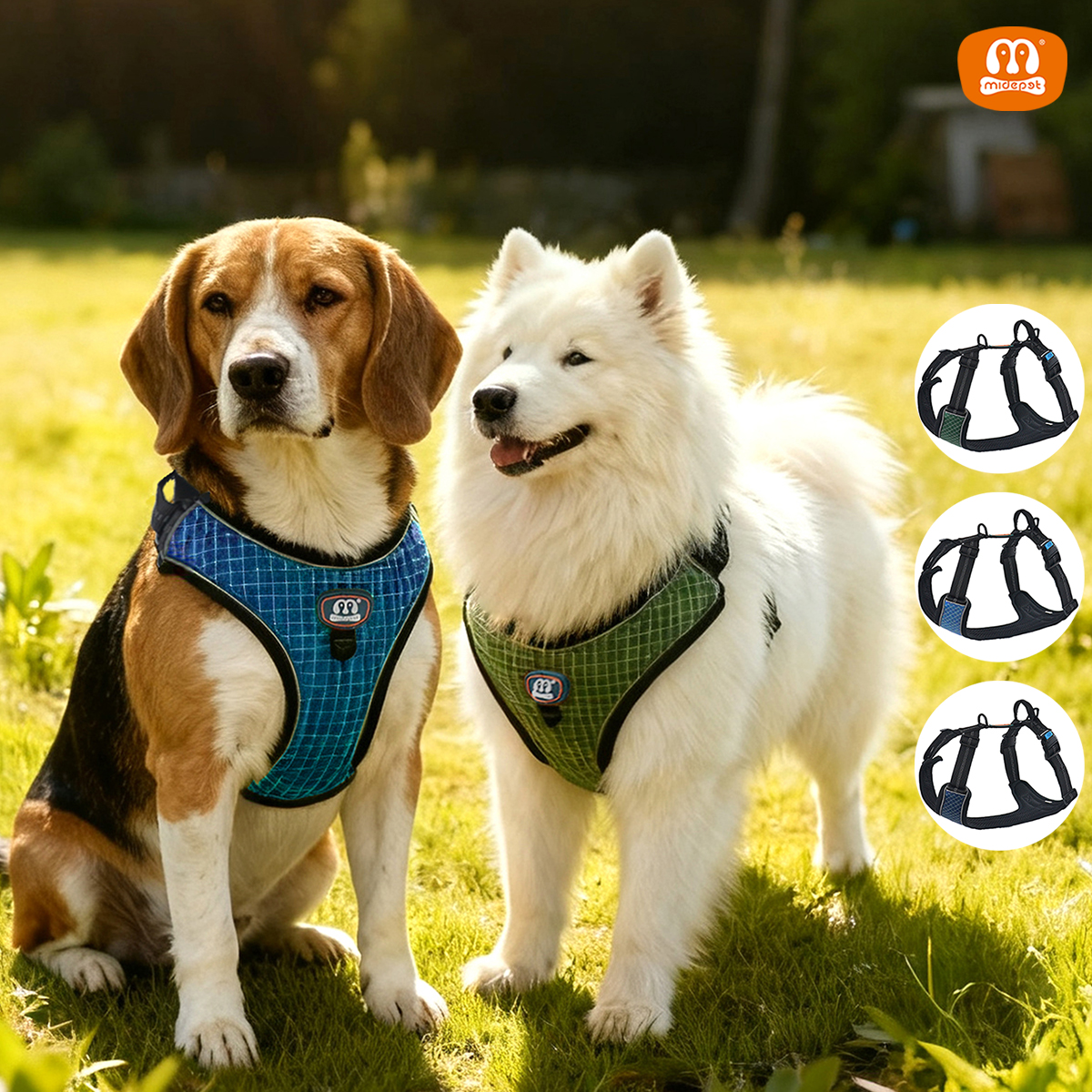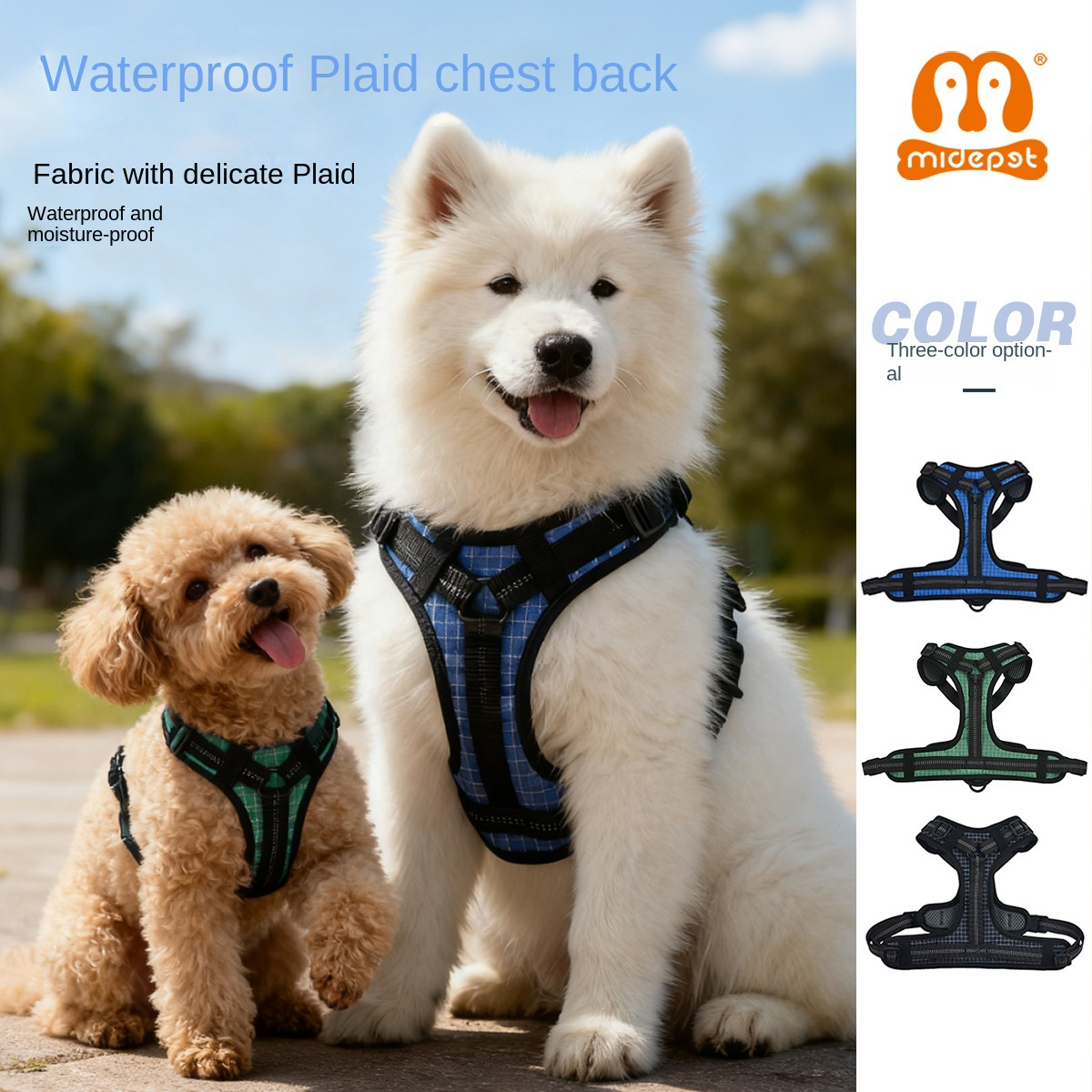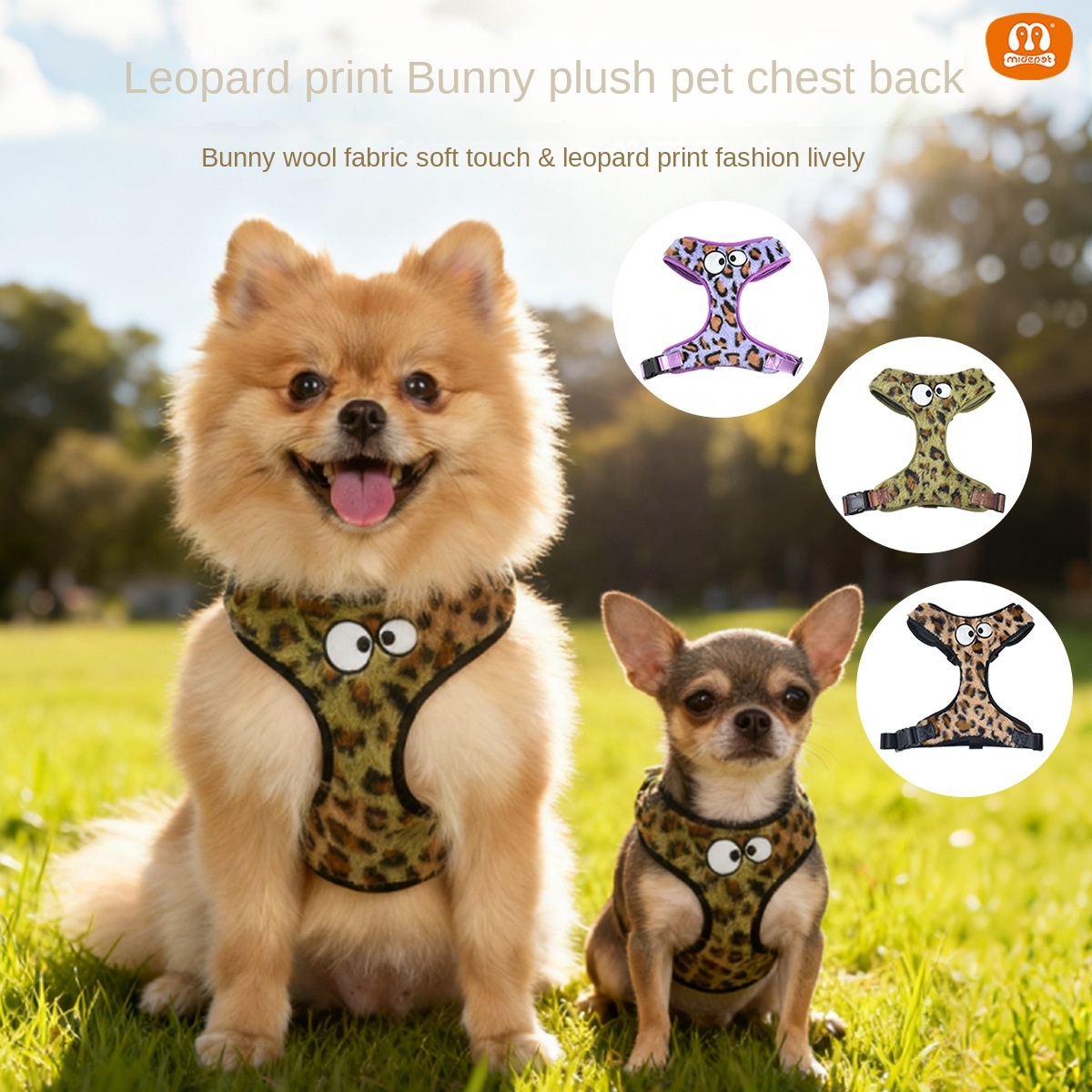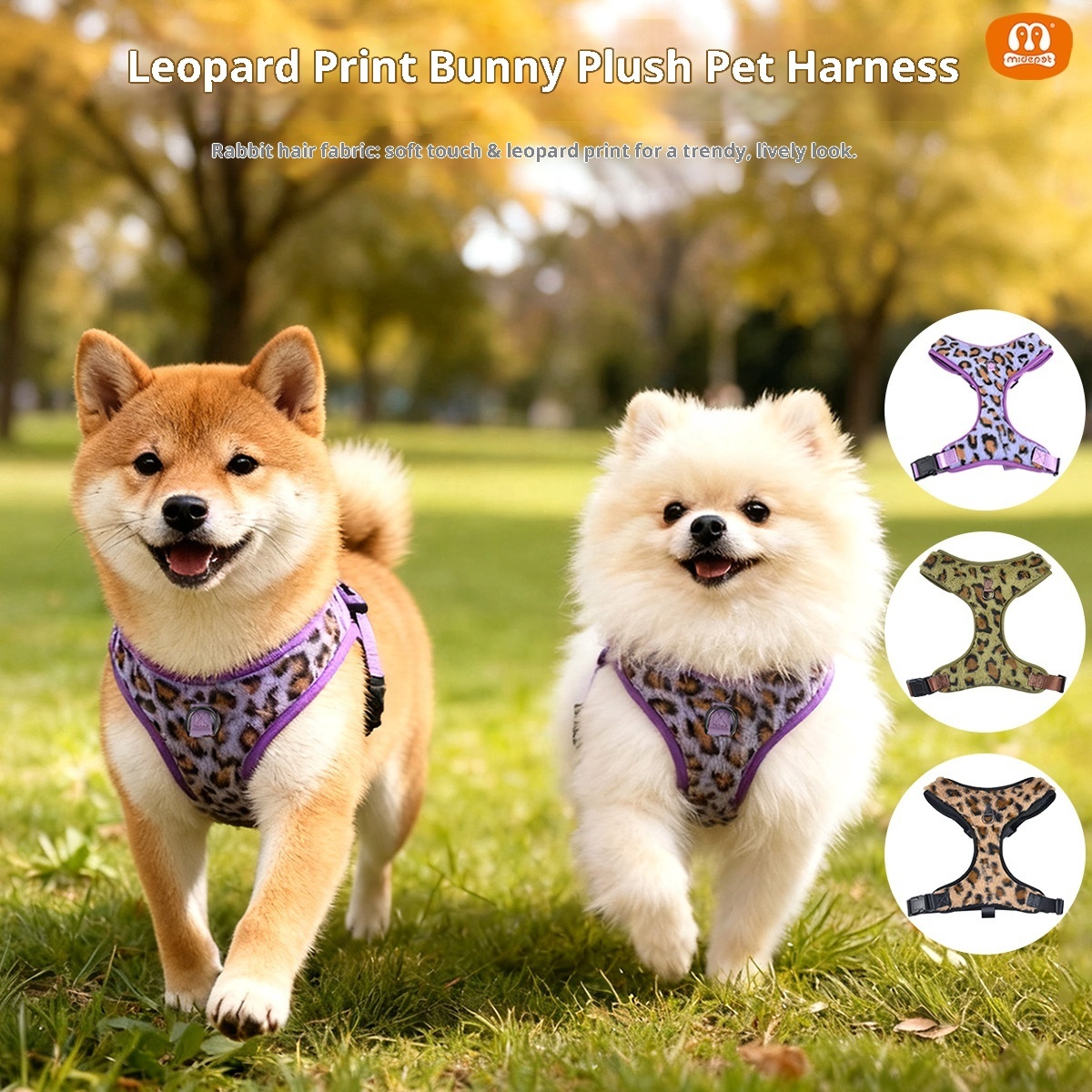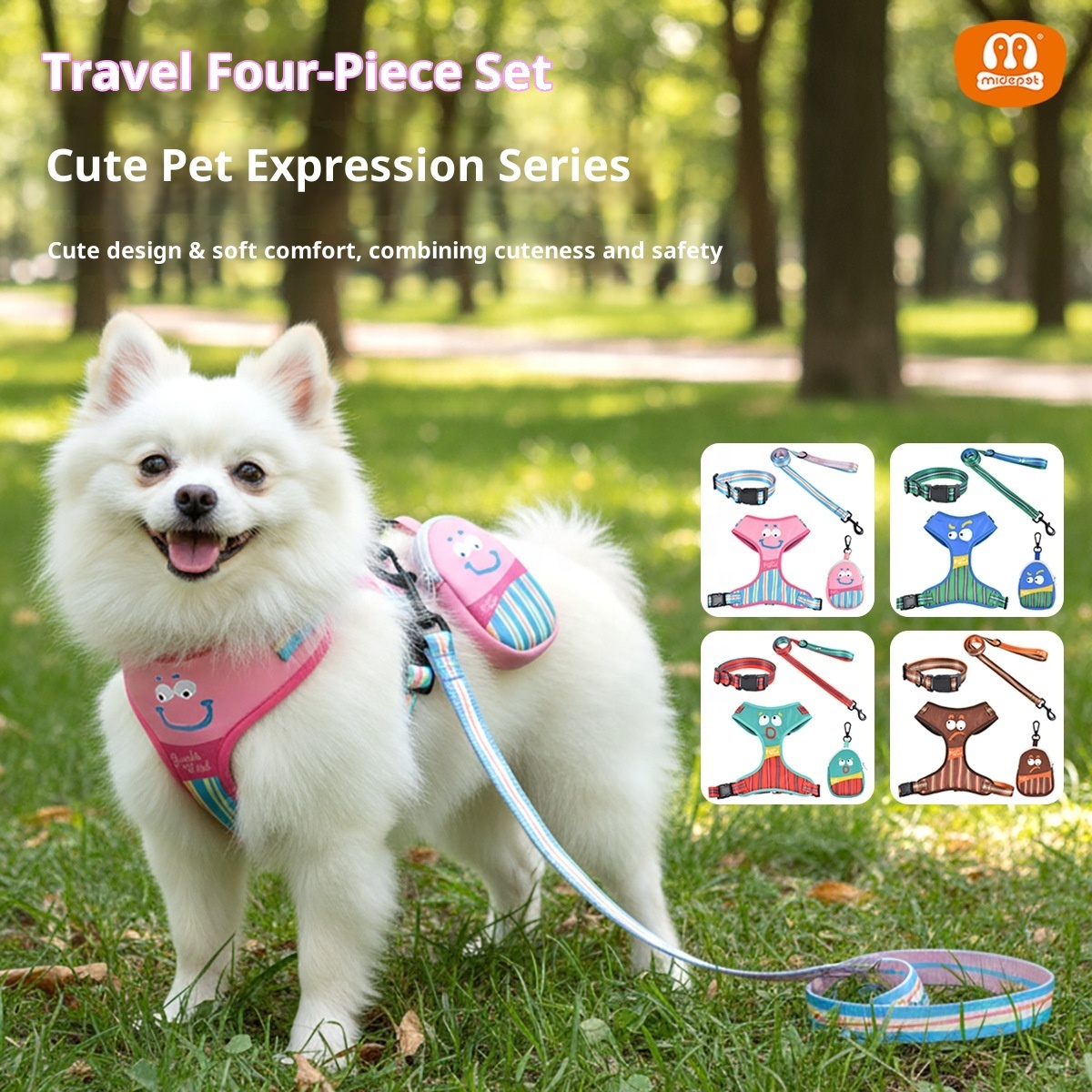What to Do When Your Dog Hates Its Collar
What to Do When Your Dog Hates Its Collar: Solutions for a Happier Pup

Introduction
Is your furry friend giving you those “seriously, again?” looks every time you try to put a collar on? If your dog seems to have an aversion to its collar, you’re not alone. Many dogs show reluctance, and understanding why can help you turn those frowns upside down. Let’s dive into why dogs might dislike collars and how you can solve this issue with some clever solutions.
Why Do Some Dogs Dislike Collars?
First off, let’s address the question of do dogs like their collars. Just like humans have their preferences, dogs do too. Some dogs might find their collars uncomfortable or irritating. The material or design might not suit their delicate necks. Puppies, in particular, might be especially sensitive, leading to the common problem of puppy hates collar. It’s crucial to understand these feelings to make the right adjustments.

Are Collars Bad for Dogs?
You might be wondering, are collars bad for dogs? The answer depends on several factors. A poorly designed or ill-fitting collar can indeed cause discomfort or even health issues. Collars that are too tight, made from irritating materials, or poorly designed can lead to skin problems or other discomforts. That’s why investing in comfort collars for dogs is essential. A well-designed collar can make a huge difference in your dog’s comfort level.
What Happens if Dogs Don’t Wear Collars?
Some dog owners choose to forgo collars, but this decision can come with its own set of challenges. Without a collar, it can be harder to control your dog during walks, especially if they are prone to running off or getting distracted. While some dogs might thrive without collars, it’s generally safer and more practical to have a collar for control and identification purposes. Dogs without collars may miss out on these crucial safety features.

How to Choose a Comfortable Collar
Choosing a comfortable collar is key to ensuring your dog’s happiness and well-being. When looking for a collar, consider factors like material, fit, and design. Soft, breathable materials and adjustable designs can help avoid discomfort. Comfort collars for dogs are designed with these considerations in mind, offering a solution that balances style and comfort.
The Benefits of Customizing Collars
If you’re still struggling to find the perfect fit, customize collars might be the way to go. Customized collars can be tailored to your dog’s specific needs and preferences. From choosing the right material to ensuring the perfect fit, a customized collar can solve many of the issues associated with off-the-shelf options.

How to Help Your Dog Adjust to Its Collar
Gradual Introduction: Start by placing the collar next to the dog to allow it to get familiar with the collar’s scent (you can place some food near the collar to encourage the dog to stay close to it for longer). Then, bring the collar closer to the dog’s face to further establish a connection between the collar and the dog. Repeat this process several times until the dog no longer resists. Try putting the collar on the dog for a very short time, such as a few minutes, and then gradually increase the wearing time. This will help the dog slowly get used to the presence of the collar.
Positive Reinforcement: When the dog is wearing the collar, give it a reward it likes, such as treats or toys. This way, the dog will associate wearing the collar with a positive experience.
Comfort and Fit: Ensure that the collar is the correct size, not too tight or too loose. Leave enough space under the collar so that you can fit a finger to ensure comfort.
Distraction: While the dog is wearing the collar, engage it in activities it enjoys, such as walking or playing, to help divert its attention from any discomfort caused by the collar.
Gradual Adjustment: If the dog is particularly uncomfortable with the collar, try adjusting the material or design of the collar, such as choosing a softer and more comfortable one.
Gradual Exposure: Slowly expose the dog to different wearing environments, such as moving from indoors to outdoors, to help it adjust to various situations.
Patience and Consistency: Adjusting to a collar may take time, especially for dogs that are sensitive to new items. Patience and consistency are key.

Conclusion
Finding the right collar for your dog can take some trial and error, but understanding why your dog dislikes its collar and making thoughtful adjustments can lead to a happier, more comfortable pup. With the right collar, your dog can enjoy walks and outings without the discomfort or fuss. Remember, comfort and customization are key!


